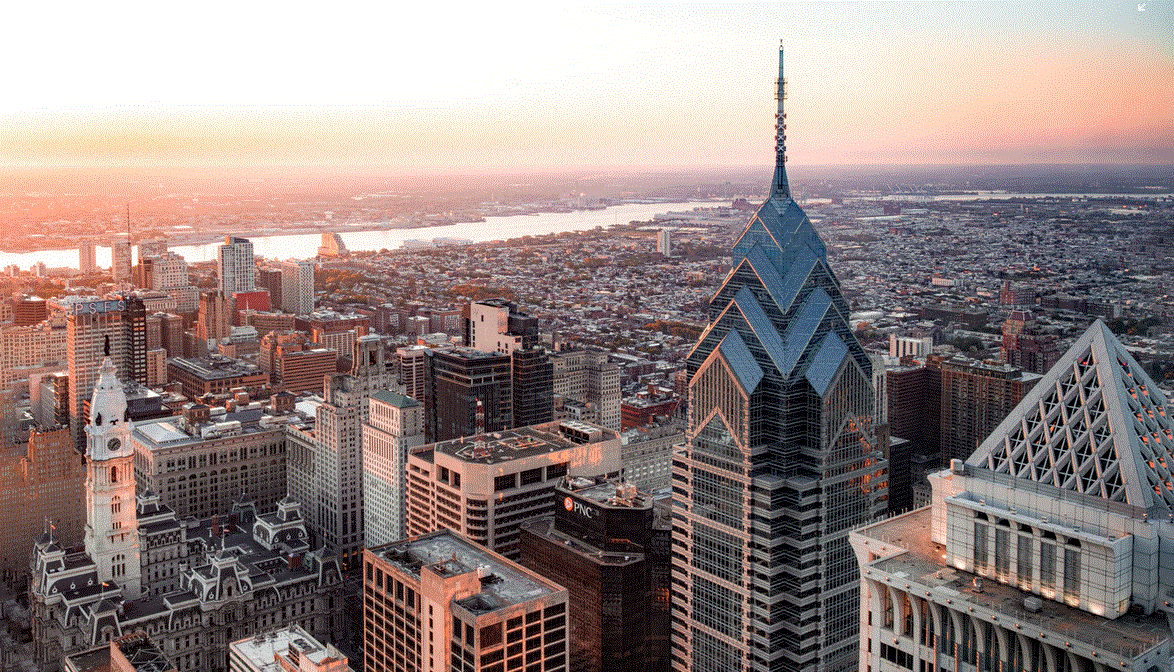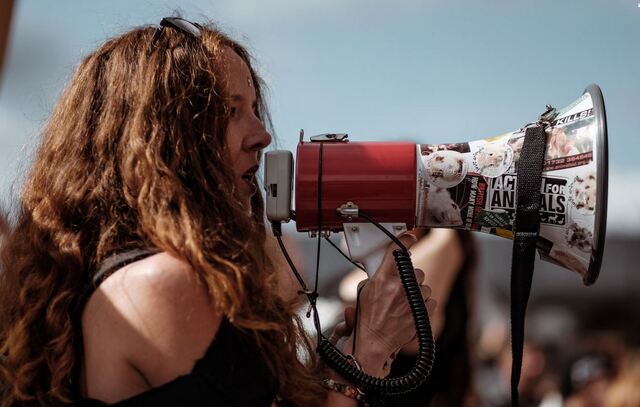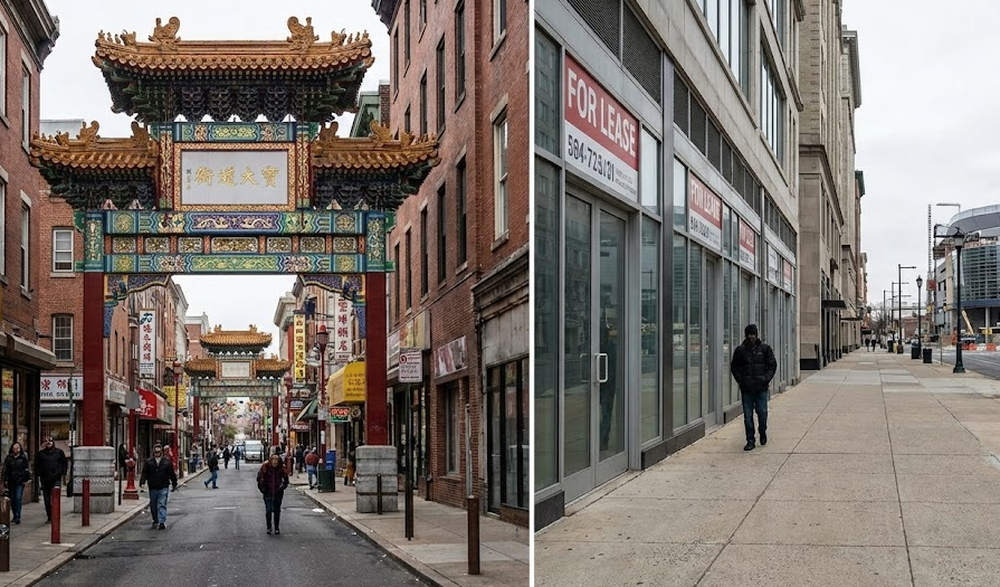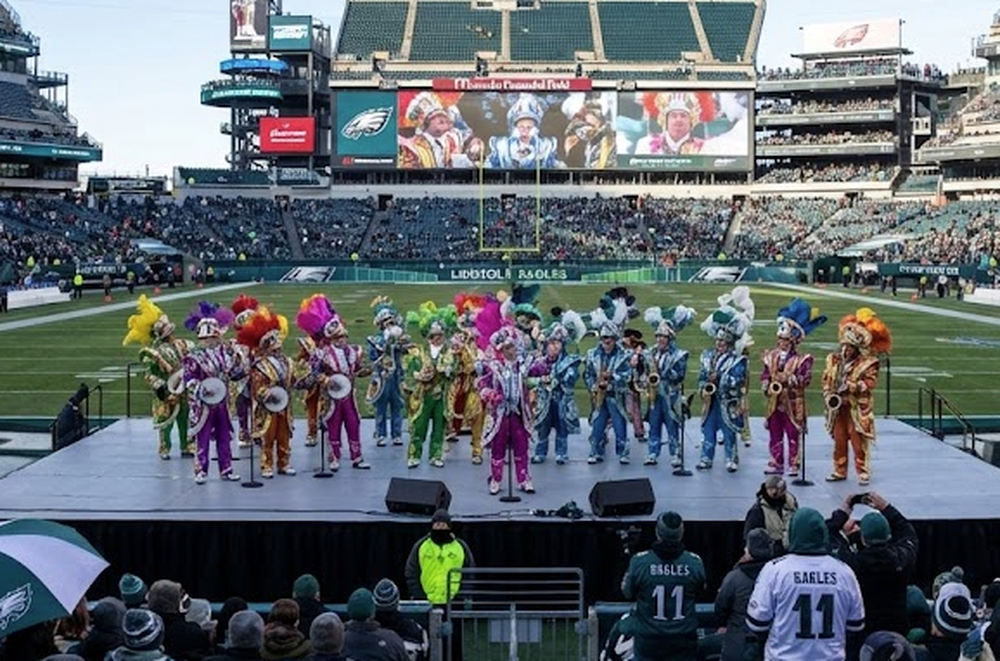Montreal – A demonstration intended to champion Palestinian rights in Montreal descended into chaos and violence on Friday night, casting a shadow over the city's hosting of a NATO conference. The protest, which began as a show of solidarity with Gaza, escalated into a volatile clash with police, marked by vandalism and a heavy police response.
Escalation and Confrontation:
- Vandalism Plagues City Streets: Protesters set cars ablaze on St-Urbain Street and shattered the windows of businesses along their route using hammers and planks. Effigies, including one of Israeli Prime Minister Benjamin Netanyahu, were burned amidst the escalating tension.
- Police Clash with Protesters: The Montreal police (SPVM) reported three arrests for assaulting officers and obstructing police work. The deployment of chemical irritants followed the use of small explosive devices and metal projectiles hurled at officers.
Political Undercurrents and Social Media Reactions:
- NATO Summit Fuels Tensions: The protest's timing, coinciding with the NATO summit, suggests a broader anti-war and anti-imperialism sentiment among some demonstrators, potentially linking the Palestinian cause with criticisms of NATO's global actions.
- Controversial Symbols and Chants: The presence of Russian flags and the use of controversial slogans by some protesters hint at a complex mix of political motivations extending beyond the immediate Israeli-Palestinian conflict.
- Public Divided on Social Media: Reactions on social media, particularly on platforms like X, have been mixed. While some users express support for the right to protest, others condemn the violence and vandalism. The hashtag #MontrealProtests has become a forum for diverse commentary, with some decrying the violence while others express solidarity with the cause but not the methods.
- Trudeau's Concert Appearance Draws Criticism: Canadian Prime Minister Justin Trudeau's attendance at a Taylor Swift concert in Toronto the same night drew criticism, with some perceiving it as a disconnect from the public's concerns.
Broader Implications and Lingering Questions:
- Security Concerns for Future Events: The events in Montreal have likely prompted a review of security protocols for international conferences in Canada, raising concerns about the potential for protests to escalate into violence.
- Impact on Community Relations: The violence and the nature of the protest could strain community relations within Montreal, a city known for its diverse population with varied views on international conflicts. The display of Russian flags and the use of certain slogans further complicate local and international perceptions of the solidarity movement.
- Balancing Protest and Public Order: This incident raises important questions about the balance between the right to protest and the enforcement of law and order, particularly when protests turn destructive. The legal outcomes for those arrested could set precedents for handling similar events in the future.
A City Grapples with Global Tensions:
The chaotic turn of events in Montreal underscores the intensity of global political sentiments finding expression on local streets. While the right to protest remains a cornerstone of democracy, the methods employed by some have ignited debate about the limits of protest, the responsibilities of demonstrators, and the appropriate response from law enforcement. As Montreal recovers, the focus shifts to the aftermath of the NATO conference and the broader implications for how international solidarity demonstrations are managed and perceived in an increasingly interconnected world.






